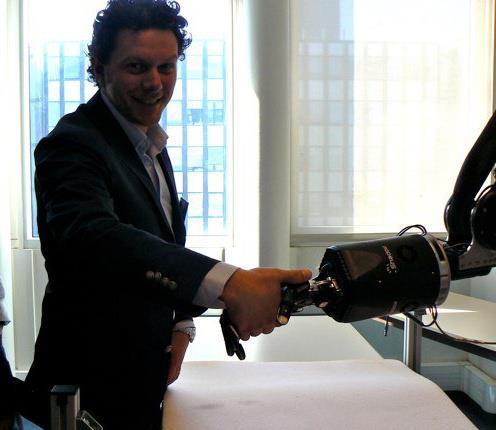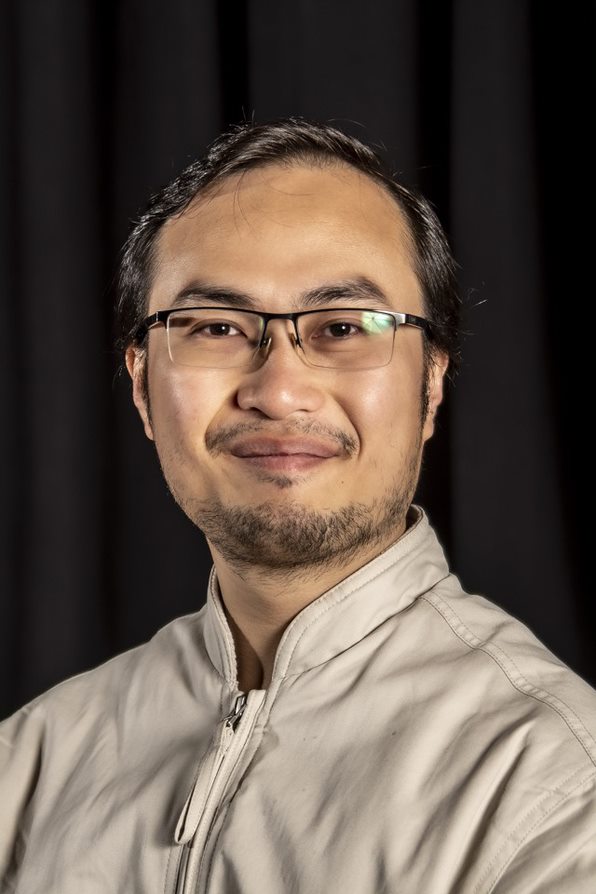The surgical education learning process significantly relies on hands-on experience and the development of tactile abilities. Access to surgical training, however, is limited, and typical teaching techniques may not give the essential experience to acquire these abilities. Immersive technologies, including VR and AR, offer the potential to improve surgical training by allowing learners to practice and perfect their abilities in a safe and controlled setting. Haptic feedback may allow students to experience a realistic simulation of surgical operations by giving them with a feeling of touch, helping them to gain the essential motor skills and confidence in real-world surgical scenarios. Immersive learning may also be utilised in surgical education to address ethical issues. Immersive learning, for example, might provide an alternate option for students to get practical experience in instances when surgical procedures are not viable owing to ethical considerations or a lack of access to cadavers. It may also be utilised in surgical education to educate and reinforce ethical concepts and decision-making abilities. Additionally, immersive learning has the potential to solve the issue of surgical training facility and resource scarcity. Immersive learning environments are easily replicable, allowing students to obtain access to training materials and resources regardless of their location or resource availability. Pandemic showed that the universities are very much limited in practical assignments.
The main goal of this project is to design, build, and test a haptic-enabled immersive tool for surgical education. These tools will integrate cutting-edge VR and AR capabilities with wearable haptic devices, giving students a realistic and immersive learning experience in a safe and controlled setting, resulting in enhanced learning outcomes and patient care. Additionally, incorporating haptics into immersive learning situations can give students with a tactile experience that matches genuine surgical operations, improving their comprehension and skill acquisition. This can eventually lead to better surgical results and patient safety. The project’s ambition is to create a collection of immersive learning practices and scenarios for medical study programs, re-design a selected study program by including the generated learning scenarios, and increase educators’ competency. By funding this initiative, it will be possible to help enhance surgical education, which will lead to better patient care and safety. Immersive learning approaches can also help to build novel teaching and learning strategies that can be implemented in other disciplines and sectors of education.

Filippo Sanfilippo
Professor

Tomas Blažauskas
Professor

Gionata Salvietti
Assistant Professor

Minh Tuan Hua
PhD

Guido Gabriele
Professor

Audrius Paršeliūnas
PhD

Ernestas Margelis
MD

Povilas Ignatavičius
PhD

Andrėjus Subočius
PhD

Eligijus Kiudys
Software engineer

Patrikas Armalis
Software engineer

Aurimas Vaičius
Software engineer
